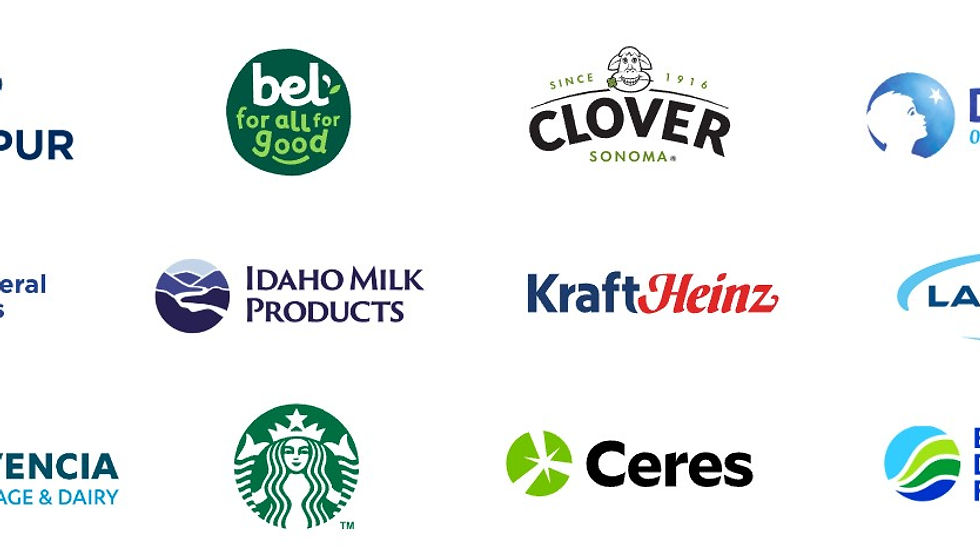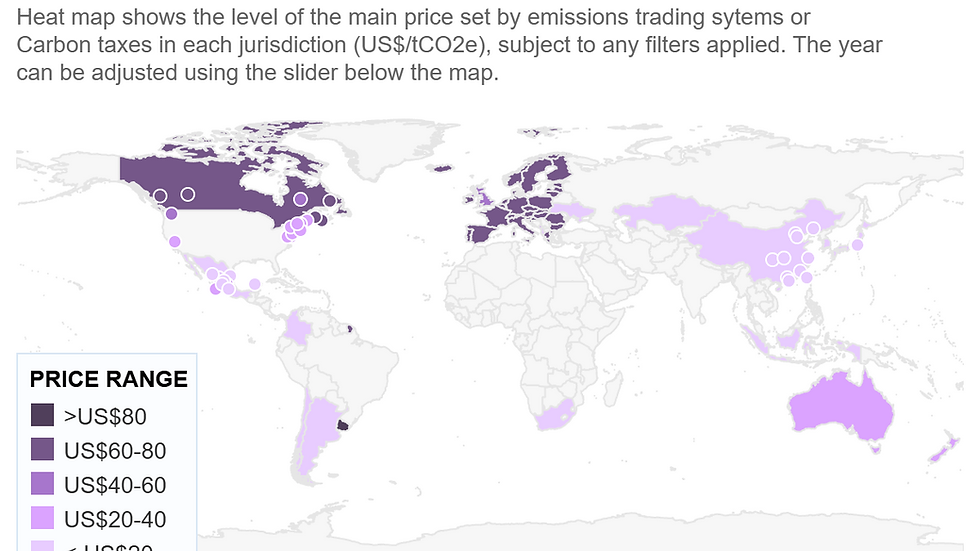Nestlé's Departure from the Dairy Methane Action Alliance: Implications for New Zealand's Dairy Industry
- Susan Harris
- Oct 10, 2025
- 3 min read
Updated: Nov 13, 2025
Overview of the Dairy Methane Action Alliance
The Dairy Methane Action Alliance was established by the Environmental Defense Fund in 2023. Members of the Alliance committed to measuring and reporting dairy methane emissions from their supply chains. They also pledged to publish methane reduction plans. Most methane emissions in the dairy industry originate from livestock.

Other notable members included General Mills and CloverSonoma. Initially, four of the world's top 20 dairy companies were part of the Alliance; now, only three remain. Notably, New Zealand-based dairy companies have not joined.
Nestlé's Withdrawal: Reasons and Consequences
Nestlé quietly withdrew from the Alliance last month. Their logo has vanished from the EDS website (Bloomberg, September 2025). This decision may stem from their awareness of the International Energy Agency's recent report. The report indicates that fossil-fuel methane emissions now exceed livestock emissions by 110%. Projections suggest this gap will widen to 150% in the future. Thus, participation in the Dairy Methane Action Alliance may seem futile for Nestlé. Despite this, the company remains committed to its net-zero emissions target.
Nestlé likely noted that after 16 years of research into reducing livestock methane emissions, only a 10% reduction is achievable with current technologies. This reduction comes at a cost of approximately $NZD80-85 per unit, according to updated estimates from Professor Moot at Lincoln University.
Current Carbon Credit Landscape in New Zealand
As of now, carbon credits in New Zealand are priced at $NZD56 ($USD32) per unit. Alarmingly, only 3% of carbon prices globally exceed the World Bank's recommended 2030 level of $USD50-100 per unit. This level is essential for driving meaningful emission reductions. Public pressure, rather than financial incentives, is the primary motivator for companies and nations to reduce emissions and offer "climate-friendly" products. Additionally, the rapid expansion of cleaner, cheaper, and safer solar energy technologies serves as a significant secondary driver.

The Case for Exempting Livestock Emissions from the Paris Agreement
There is a compelling argument for Nestlé and other major global dairy companies to advocate for the removal of animal emissions from the Paris Climate Agreement. These companies wield significant global lobbying power. New Zealand could take the lead in this campaign, coordinating efforts among the 68 nations in the Global Research Alliance. Food industry groups could assist in lobbying the IPCC to amend the Agreement. The proposed addition is simple:
"This Agreement shall not apply to animal emissions."
However, this initiative would require substantial coordination among the 68 nations and participating industry groups. A policy paper must be prepared, promoted, and ultimately approved at next year's COP31 conference, which will be held in either Australia or Turkey.
For the benefit of New Zealand and the global food industry, it is crucial that responsible authorities begin this work immediately.
Conclusion: The Path Forward for New Zealand's Dairy Industry
The withdrawal of Nestlé from the Dairy Methane Action Alliance raises important questions about the future of dairy sustainability. As the industry grapples with complex challenges, it is essential to explore innovative solutions. The focus should be on reducing emissions while maintaining economic viability.
In this context, New Zealand's dairy sector must adapt to changing regulations and market demands. By embracing sustainable practices, companies can unlock green opportunities. This approach will not only help achieve secure, verifiable environmental benefits but also enhance financial outcomes in a changing climate.
Author:
Susan Harris BSc(Hons), MEIANZ, MNZPI
Chief Executive Officer, GreenXperts Limited




Comments